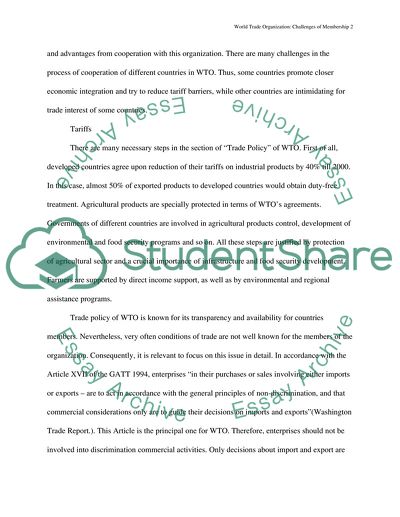Cite this document
(World Trade Organization: Challenges of Membership Research Paper, n.d.)
World Trade Organization: Challenges of Membership Research Paper. Retrieved from https://studentshare.org/macro-microeconomics/1778462-world-trade-organization-discuss-how-the-world-trade-organization-regulates-a-members-trade-policy-and-practice
World Trade Organization: Challenges of Membership Research Paper. Retrieved from https://studentshare.org/macro-microeconomics/1778462-world-trade-organization-discuss-how-the-world-trade-organization-regulates-a-members-trade-policy-and-practice
(World Trade Organization: Challenges of Membership Research Paper)
World Trade Organization: Challenges of Membership Research Paper. https://studentshare.org/macro-microeconomics/1778462-world-trade-organization-discuss-how-the-world-trade-organization-regulates-a-members-trade-policy-and-practice.
World Trade Organization: Challenges of Membership Research Paper. https://studentshare.org/macro-microeconomics/1778462-world-trade-organization-discuss-how-the-world-trade-organization-regulates-a-members-trade-policy-and-practice.
“World Trade Organization: Challenges of Membership Research Paper”, n.d. https://studentshare.org/macro-microeconomics/1778462-world-trade-organization-discuss-how-the-world-trade-organization-regulates-a-members-trade-policy-and-practice.


